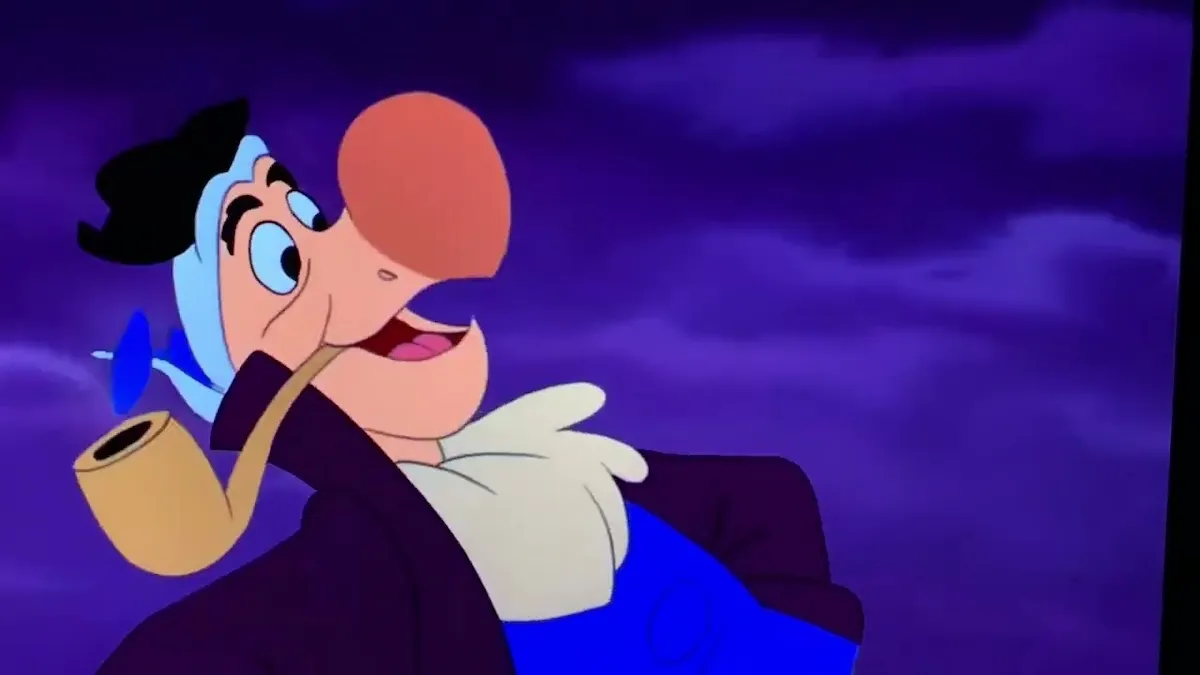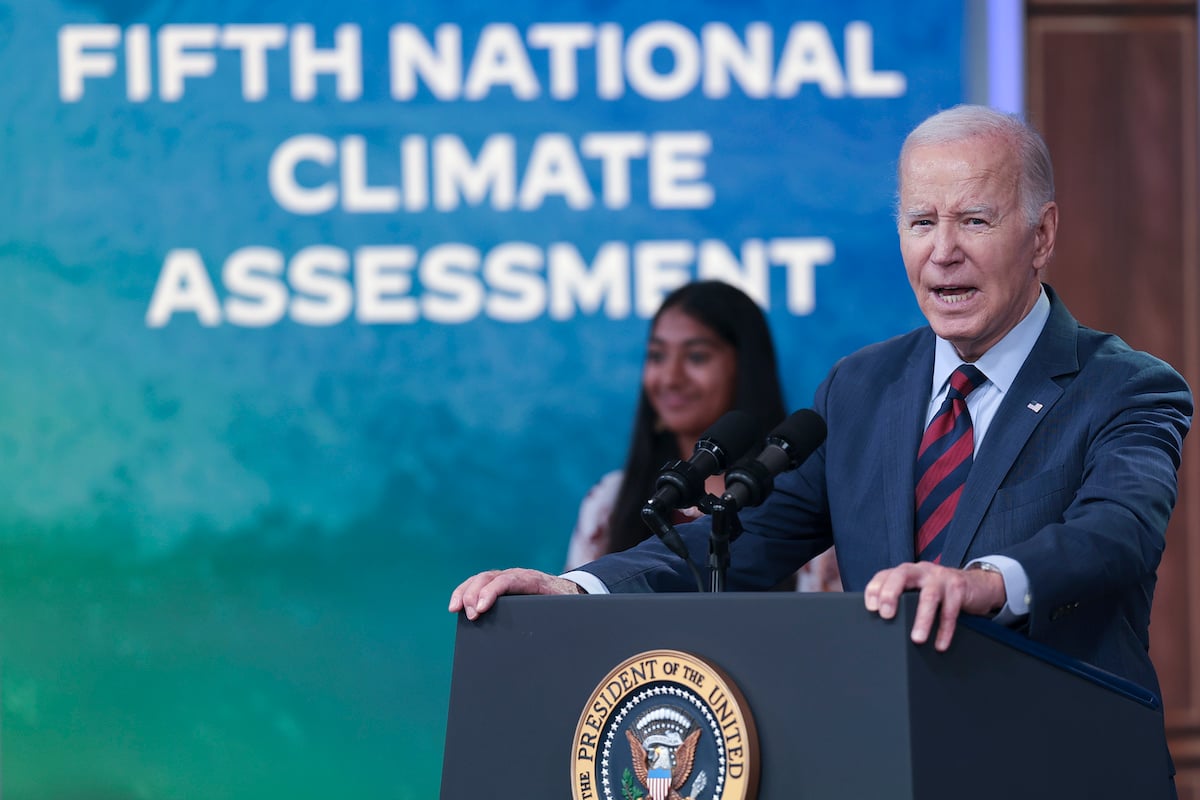Humanity might be on the brink of completely eradicating the guinea worm parasite from the face of the Earth. According to the New Scientist, the hope for a worm-free world hinges upon continued peace in the southern Sudan, a region that has been wracked with conflict for decades and is now on the verge of independence with a vote next week. New Scientist quotes Makoy Samuel Yibi, who oversees the country’s guinea worm eradication program, as saying, “If the political situation remains stable, we can stop it in 2012.”
The worm requires humans as a step in their lifecycle, which begins when a person ingests worm eggs found in stagnant water. The worms then grow inside the body, until irritating the skin of the infected person. The pain is usually so intense that the person places the infected area in water, causing the worms to emerge from the body and release their eggs into the water, beginning the cycle anew.
Because the worms need humans to reproduce, preventing infections will eventually cause the parasite to become extinct. By improving access to clean, drinkable water, there is a very real possibility that the worm will die out completely. Efforts to end infections are already underway, with only four countries still reporting cases of the worm last year. Unfortunately, 1,690 of the 1,785 cases were in southern Sudan.
If Yibi and others working to end the disease are successful, this will be only the second time that a disease has been completely eradicated through human intervention. The first being smallpox, cases of which have not occurred naturally since 1977. Continued peace in the region, and a focus on the health of the Sudanese people offers the best hope to put another debilitating disease into the history books.
(Via New Scientist, image from Wikipedia)







